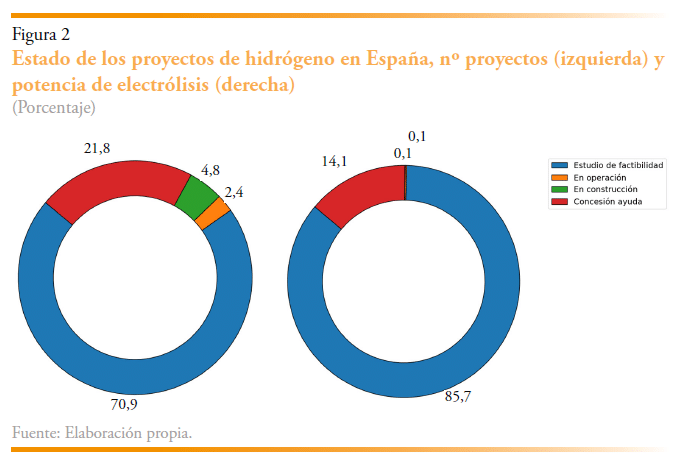Sustainable ventures and their impact on fuel consumption
Sustainable entrepreneurship has emerged as a key solution to current environmental challenges, introducing practices that focus not only on economic profitability, but also on ecological responsibility. By implementing business models that seek to reduce dependence on fossil fuels and promote the use of renewable energy, these ventures transform not only their own energy consumption but also consumer expectations and habits. Through innovations in technology and production methods, sustainable initiatives significantly contribute to the reduction of emissions of CO2 and promote a cleaner, greener future.
Sustainable ventures are emerging as an effective solution to address critical environmental issues, especially concerning fuel consumption. These business models aim to generate economic benefits while minimizing their ecological footprint, which is crucial in a context of increasing energy demand and climate change. This article will explore how these ventures influence fuel consumption dynamics and contribute to a greener future.
Benefits of sustainable ventures
Sustainable ventures not only offer economic advantages but also play an important role in the reduction of fuel consumption. By opting for practices that prioritize energy efficiency and the use of renewable energy sources, such as solar panels, many companies are limiting their dependence on fossil fuels. This allows them not only to secure income but also to contribute to environmental conservation.
Innovations in sustainable vehicles
One area where sustainable ventures have had a tangible impact is in the development of sustainable vehicles. Thanks to innovations in technology, such as the evolution of batteries, many electric vehicles can now decrease their fuel consumption by 25%, leading to a significant reduction in CO2 emissions. These innovations benefit not only consumers but also fuel a greener economy.
Strategies to reduce fuel consumption
To address the issue of fuel consumption, it is essential to adopt strategies that promote less dependence on non-renewable resources. These strategies include process optimization, the implementation of clean technologies, and educating consumers about more sustainable practices. Additionally, scientific research plays a crucial role by providing data on consumption preferences, helping entrepreneurs design offerings that align with society’s ecological demands.
Minimizing the carbon footprint
Sustainable entrepreneurs are actively seeking to minimize their carbon footprint. By incorporating ecological practices into their operations, such as efficient resource use and reducing fossil fuel consumption, they not only reduce environmental impact but also educate their consumers about the importance of adopting more responsible lifestyles. This type of initiative is fundamental on the path toward a more sustainable future.
Entrepreneurship and the climate crisis
In the face of the climate emergency, it is vital that sustainable ventures not only address fuel consumption but also offer solutions to other crises, such as water access and food security. By integrating sustainable criteria into their business vision, these companies not only generate economic value but also promote the well-being of people and the planet. This demonstrates that it is possible to align economic growth with environmental responsibility.
Sustainable ventures have emerged as a necessary response to the environmental challenges we face today. As global population and energy demand increase, it becomes imperative to seek ways to minimize environmental impact. These business models not only focus on profitability but also integrate responsible practices that favor the environment.
A key aspect is the reduction of fuel consumption. Innovative initiatives, such as sustainable vehicles, have demonstrated that it is possible to decrease the use of fossil fuels by opting for cleaner alternatives. Research has indicated that certain vehicles can reduce their fuel consumption by up to 25%, representing a significant approach to the reduction of CO2 emissions. This type of innovation not only helps the economy of families and businesses but also contributes to mitigating climate change.
Furthermore, the implementation of renewable energies in the operations of various industries plays a fundamental role. The use of solar panels and other sustainable technologies not only optimizes energy consumption but also improves efficiency. Entrepreneurs who are aware of their carbon footprint take a proactive approach, making use of resources that do not deplete the planet.
Science also provides valuable contributions in this area. Through studies on consumer behavior and market trends, essential information is provided to understand how preferences can shift towards sustainable products. In this way, opportunities are created to further boost sustainable entrepreneurship while raising awareness about the importance of responsible practices that benefit both companies and the environment.





